Orchiectomy
Orchiectomy (removal of the testicle)
Orchiectomy is an operation to remove one or two testicles.
Because amputated organs perform an important endocrine function (testosterone production) and are responsible for sperm synthesis, doctors must inform the patient before surgery that after orchiectomy he will have problems with sexual activity and infertility.
Removal of two testicles leads to complete infertility, one - to a decrease in testosterone production and slight fluctuations in the hormonal background of men.
Orchiectomy does not lead to impotence (although in the case of bilateral orchiectomy over time, erection difficulties may occur due to decreased testosterone production).
With the development of malignant tumors, the removal of one or two testicles is a medical measure aimed at saving the patient's life. It is prescribed as a last resort when other treatments are more ineffective.
When should an orchiectomy be performed?
Only in cases where there are no alternatives to such treatment:
- necrotic epididymitis;
- testicular cancer;
- severe testicular injuries (separation of the spermatic cord, crushing of the testicle);
- some cases of prostate cancer;
- testicular atrophy as a result of varicocele or failure of the testicle into the scrotum;
- in some cases, tuberculosis or other severe testicular infections.
Also, orchiectomy of healthy testicles is performed as part of sex reassignment surgery for transgender people (MtF). Such operations are performed only after the consultation of doctors and careful weighing of all the pros and cons.
What are the contraindications to orchiectomy?
- diseases of the cardiovascular system (myocardial infarction, coronary heart disease);
- severe coagulation disorders;
- malignant tumors with metastases;
- serious disorders of the kidneys and liver;
- respiratory failure of lungs of 2-3 degrees.
How is the preparation for the operation?
2 weeks before the operation, all drugs are canceled according to the doctor's prescription, especially anti-inflammatory drugs, anticoagulants, aspirin drugs. Before the operation, the patient undergoes standard preoperative tests, as well as undergoes cardiography and fluorography. In addition to standard procedures, an orchiectomy is preceded by an ultrasound of the scrotum and a blood test for testosterone. At malignant tumors before the operation the conclusion of the oncologist, the description of medical procedures, and the courses of chemotherapy passed before operation (for example, for stabilization of the sizes of a tumor) is obligatory.
In some cases, at the patient's request, it is possible to freeze his semen for further artificial insemination.
Important preparatory measures on the eve of amputation include:
- refusal to eat, because castration is performed on an empty stomach;
- drinking a small amount of still mineral water two hours before the procedure;
- shaving hair in the groin area;
- ban on alcohol and smoking.
How is the operation itself?
The operation is performed under general anesthesia, spinal anesthesia (the patient does not sleep during the operation, but does not feel pain), or local anesthesia in the operating room. The urological surgeon disinfects the operating field (scrotum) with antiseptic, fixes the penis to the abdomen, thus creating comfort for their work. Then an incision is made along the suture of the scrotum, the testicle with the spermatic cord is removed, then the seminal cord is squeezed, tied with suture material, and cut. If necessary, the same procedure is performed with the second egg. The cut ends of the ropes are removed into the scrotum, and a suture is applied to the scrotum. For the purpose of cosmetic effect on the place of the removed testicle implantation of a testicle, the prosthesis can be offered.The operation takes up to an hour and a half. Sutures are removed in 7-10 days. In the case of a complete orchiectomy with transgender skin, the scrotal skin also remains for further vaginoplasty. For the purpose of cosmetic effect on the place of the removed testicle implantation of a testicle, the prosthesis can be offered.
How is the rehabilitation period?
Complete healing of the incision occurs within two weeks. Slight discomfort and pain of medium intensity the patient feels only in the first hours after the procedure. At this time, the overall body temperature may also rise slightly.
In the postoperative period, men are advised to follow the following rules:
- monitor the hygiene of the external genitalia to eliminate the risk of infection in the wound;
- a few days after surgery, apply an ice pack to the affected area;
- take medicines prescribed by a doctor in the correct doses;
- take regular walks in the fresh air;
- drink up to two and a half liters of still water daily;
- if necessary to get and wear a special bandage.
After surgery for three weeks is strictly prohibited:
- to have sex;
- expose your body to grueling sports training and physical labor;
- visit the pool, sauna, or just take a hot bath;
- lift weights, make sharp movements.
Quality rehabilitation is the best way to prevent the development of patient postoperative complications.
What could be the consequences of orchiectomy?
With unilateral orchiectomy, the consequences are usually minimal. At a bilateral orchiectomy consequences are more significant:
- absolute infertility;
- change in the hormonal background: increased risk of osteoporosis, diabetes mellitus, obesity;
- may decrease libido.
After bilateral orchiectomy, some men may receive hormone replacement therapy with testosterone. The appropriateness of such therapy depends on the reasons for which surgery was required. It can be prescribed by an endocrinologist, if necessary - after consultation with an oncologist.
Bibliography
- Velazquez EF, Soskin A, Bock A, et al. Positive resection margins in partial penectomies: sites of involvement and proposal of local routes of spread of penile squamous cell carcinoma. Am J Surg Pathol. Published online, March, 2004.
- Аль-Шукри С.Х., Комяков Б.К., Горелов А.И., Прохожев А.Ю. "Радикальная цистэктомия при раке мочевого пузыря". "Актуальные вопросы лечения онкоурологических заболеваний". Матер. 2-й Всероссийской науч. конф. с участием стран СНГ 21-22 ноября, Обнинск 1997, стр. 8-9
- Мартов А.Г., Ергаков Д.В., Байков Н.А., Поминальная В.М., Соломатов И.А. Трансуретральное удаление опухолей мочевого пузыря единым блоком // Онкоурология. 2015. Т. 1, № 1. С. 41–49.
- Лопаткин Н.А., Сивков А.В., Камалов А.А. и др. Трансуретральная резекция предстательной железы и лечебная тактика ведения больных с верифицированным и не верифицированным раком простаты. Матер. Пленума Правления российского общества урологов. М 1999; 231-232.
- Матвеев Б. М. Клиническая онкоурология / Б. М. Матвеев // – М., 2003
Our services
Our advantages
Choose the nearest clinic to you
ISO certificates
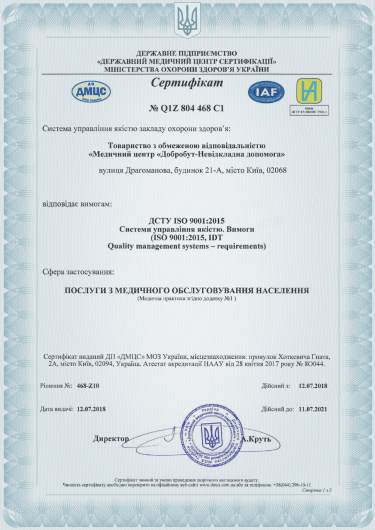
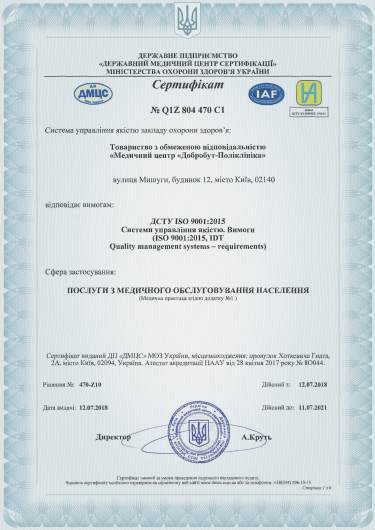
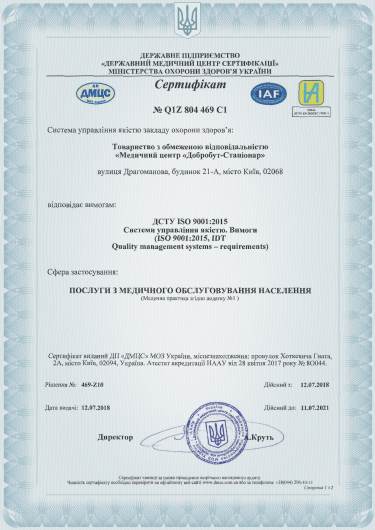
Accreditation certificates
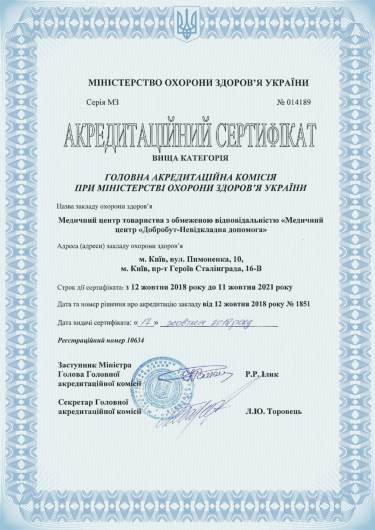
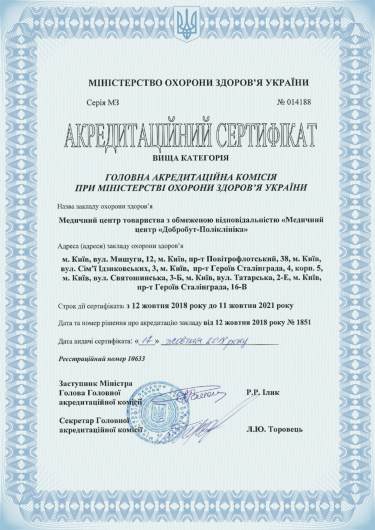
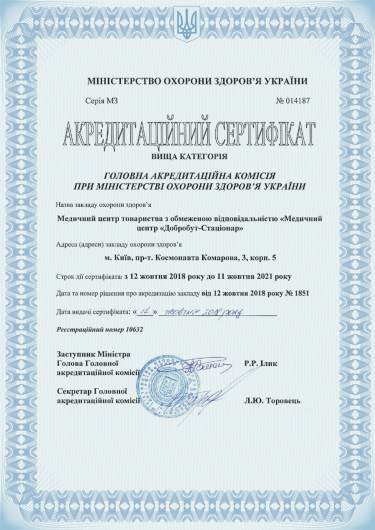
Medical practice licenses
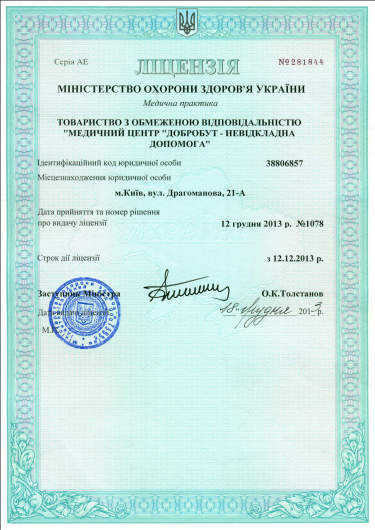
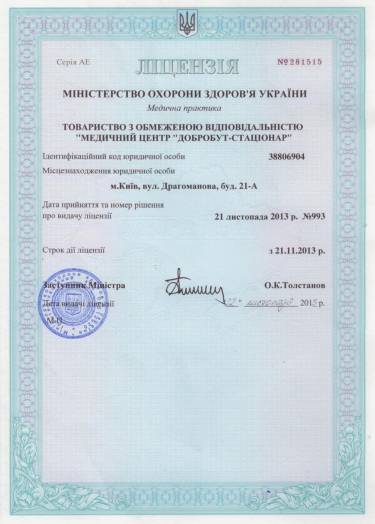
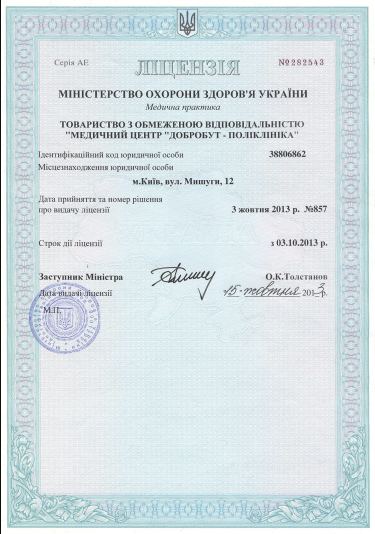






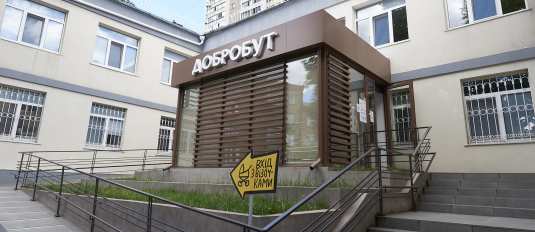






%402x.png)
%402x.png)
